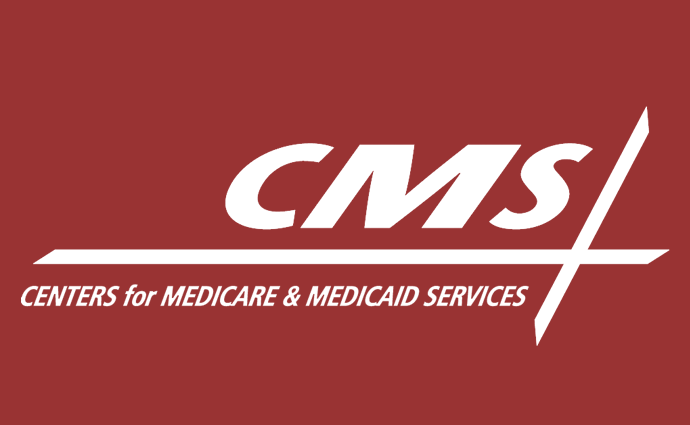CMS Bans Diverting of Medicaid Payments to Home Health Unions
A new final rule overturns a 2014 rule that allowed states to pay third parties on behalf of providers using their Medicaid payments.

Source: Xtelligent Healthcare Media
- A new final rule from CMS prohibits states from paying a portion of Medicaid payments for providers to third parties, including unions for home health workers.
Released May 2, the Medicaid Provider Reassignment Regulation final rule overturns a 2014 final rule that permitted several exceptions to the Social Security Act’s requirement that generally bans states from making Medicaid payments to anyone but the provider.
“State Medicaid programs are responsible for ensuring that taxpayer dollars are dedicated to providing healthcare services for low-income, vulnerable Americans and are not diverted in ways that do not comply with federal law,” CMS Administrator Seema Verma stated in the announcement. “This final rule is intended to ensure that providers receive their complete payment, and that any circumstance where a state redirects part of a provider’s payment is clearly allowed under the law.”
The 2014 rule primarily impacted independent home health workers by authorizing states to make Medicaid payments to unions for dues on behalf of the provider. Unions currently collect as much as $71 million from states diverting Medicare payments, CMS estimates in the new final rule.
However, unions will no longer be able to collect dues for home health workers through state Medicaid programs because CMS recently determined the exceptions promulgated in the 2014 rule were not authorized by the Social Security Act and may have resulted in Medicaid payments for providers being diverted in illegal ways.
The federal agency reassured worried stakeholders that the new rule does not prohibit home health workers from joining a union.
“The effect of this final rule is the elimination of one method of getting payment from A to B. It in no way prevents healthcare workers from purchasing health insurance, enrolling in trainings, or paying dues to a union or other association,” CMS wrote in the new rule.
Furthermore, the new rule does not interfere with an employer’s ability to make payroll deductions required by law or voluntary deductions for health and life insurance, contributions to charitable causes, retirement plan contributions, and even union dues, CMS explained.
The rule only affects individual providers who are directly paid by Medicaid for delivering care to beneficiaries. In other words, providers who are not employed by for-profit, private home healthcare agencies will have to start paying union dues on their own.
But individual providers who are directly employed by state Medicaid programs are more likely to be part of a union. And stopping states from using Medicaid payments to pay union dues will negatively impact approximately 800,000 home health workers, critics of the new rule argue.
“The rule wrongly targets independent provider home care workers who, without a union, are faced with a physically and emotionally demanding job with a median wage of just $10.49 an hour, no healthcare, no paid sick time and no benefits,” states the Service Employees International Union (SEIU), a public sector union representing 2 million members.
SEIU members plan to challenge the new rule in court.
National news sources, including NPR, also indicate that California Attorney General Xavier Becerra will take legal action to ensure the new rule does not unfairly impact independent home health workers.
